Make it yours
Every experience is customised to be just right for you.
WILDLIFE VOLUNTEERING: THE RED FLAGS MOST PEOPLE MISS
Learn more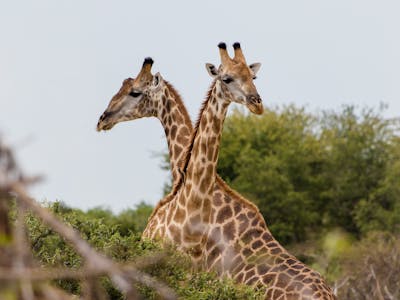
Discover the impact of size on conservation strategies and wildlife populations, as you explore three incredible projects of wildly different scales.
You’ll assist field guides and ecological monitors with monitoring wildlife in one of Africa’s largest community-owned reserves. You’ll learn the ancient skills of tracking lions and elephants on foot in the expansive Greater Kruger area. And you’ll explore the vast wilderness of the Okavango region, studying how wildlife adapts to the changes in this seasonally-flooded landscape.
Volunteering alongside experts in these diverse settings, you’ll build a clear picture of the relationships between agriculture, tourism and wildlife - and the need for conservation strategies to consider every angle.
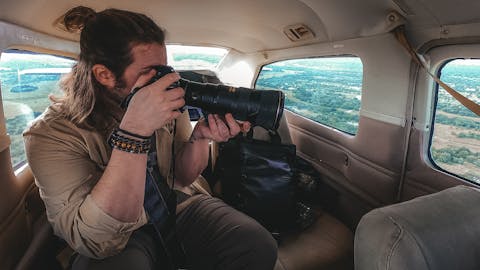
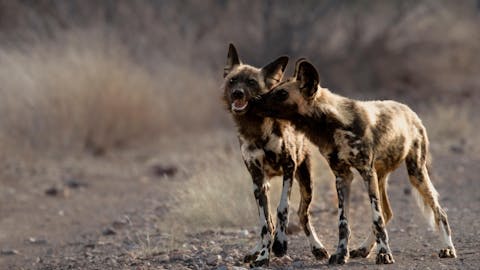
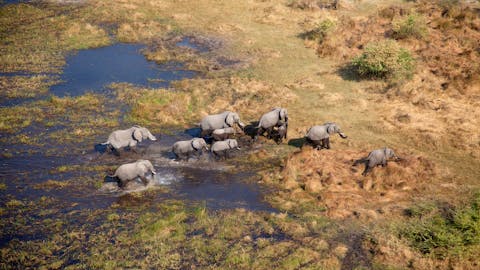
Discover how the size of a conservation area impacts wildlife management and monitoring. From the large reserve of Phinda to the larger protected natural ecosystem of the Greater Kruger to one of Africa’s largest true remaining wildernesses - the Okavango region.
A UNESCO World Heritage Site and RAMSAR wetland, the Okavango region of Botswana is famous for its awe-inspiring landscapes and incredible wildlife. As well as being one of Africa’s largest intact ecosystems, it’s also one of the most biodiverse - giving you the chance to explore a beautiful and untamed wilderness.
Large ecosystems like the Okavango region and Great Limpopo Transfrontier Conservation Area (the wider area in which the Greater Kruger sits), are vital for sustaining large populations of wildlife. Seeing these vast areas might just transform the way you look at the natural world.
Phinda is situated within one of the world’s biodiversity hotspots known as the Maputaland Centre of Endemism. Boasting an unusually high number of unique species and rare ecosystems (including a critically endangered sand forest), it is an area of global importance for wildlife conservation.
Learning to track animals through the African bush alongside an expert tracker and highly trained anti-poaching dog is a thrilling experience. You’ll be one of the lucky few to visit areas of the Greater Kruger that are inaccessible even to off-road vehicles, where you can completely immerse yourself in the smells and sounds of nature.
Between the Okavango, Kruger and Phinda, you’ll monitor and record information on key species including elephants, cheetahs, leopards, lions, pangolins and wild dogs - you’ll also support vital rhino conservation, including anti-poaching and range expansion programmes.
As a vital project team member, you’ll make data collection more accurate. You’ll provide an extra pair of eyes to track and observe wildlife. And you’ll lend physical and financial support to projects that partner with the WWF, Endangered Wildlife Trust (EWT), and Botswana’s Department of Wildlife and National Parks.
Whether you’re learning new skills from professional field researchers, discussing the ethics of conservation on a bushwalk with a master tracker, or joining a project led by one of Botswana’s top lion ecologists, you’ll get the most up-to-date conservation thinking, straight from the source.
You can book this experience as it is. Or, you can customise it to be just right for you.
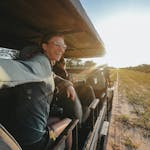
Discover Botswana’s awe-inspiring Okavango region, home to the largest population of elephants on Earth and one of the last strongholds of the endangered African wild dog. In this UNESCO World Heritage Site, you’ll join an intrepid research team exploring a vast intact ecosystem, monitor the amazing species that call this place home - and pick up some real bushcraft skills along the way.
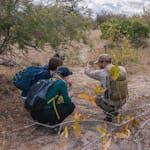
Explore the Greater Kruger Park in a way few others ever do… on foot. Alongside an expert guide, you’ll step into one of the few remaining ecosystems large enough to host a mega population of lions, growing numbers of elephants, plus wild dogs, black and white rhino and other threatened species. Together, you’ll carry out vital practical conservation, monitor iconic species and immerse yourself in the untamed beauty of this UNESCO Biosphere Reserve.
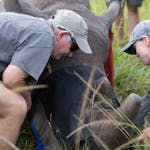
Go behind the scenes in a Big 5 wildlife conservancy where you’ll monitor lions, elephants, rhinos, pangolins and other species in their natural habitats. Part-owned by the local Zulu community, Phinda is a true conservation success story - and plays a vital role in the WWF’s efforts to reintroduce black rhinos across more parts of Africa.
You’ll support the project teams in real hands-on wildlife management and monitoring work. Depending on the monitoring and conservation priorities at the time, this will include a range of the following activities.
You’ll support a range of research and data-gathering activities that contribute to the long-term survival of species and habitats. You could observe or assist:
Carefully managing wildlife is vital to conservation success across Africa’s protected areas. You could observe or assist:
You’ll also take part in the day-to-day running of conservation projects and develop essential bush skills. You could observe or assist:
Alongside wildlife work, you'll gain a wider view of conservation in action:
You’ll learn about wildlife behaviour, biology, ecology, and conservation issues. Depending on the projects’ work at the time, this will include a range of the following topics.
Related experiences
Explore programs similar to this one.
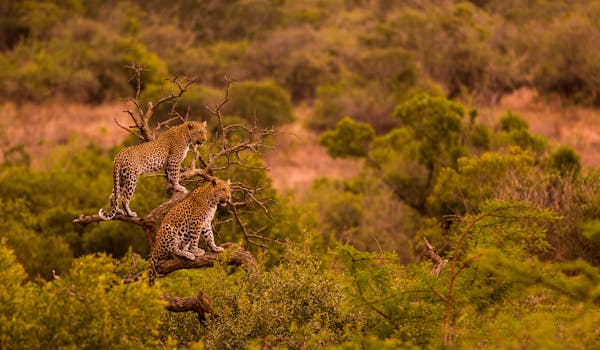
Explore a variety of animals in the Okavango Delta, home to the largest elephant population on Earth
View details for Okavango Wilderness Project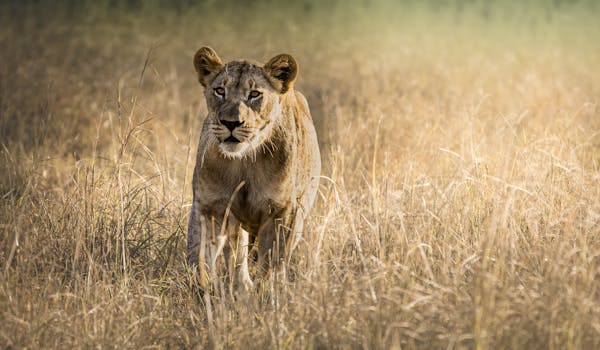
Go behind the scenes on a Big 5 reserve and join one of the biggest conservation success stories
View details for Phinda Wildlife Research Project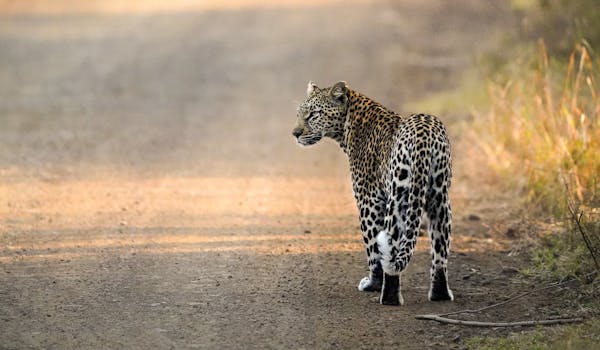
Get a unique behind the scenes experience in one of the largest and most important conservation areas in Africa
View details for The Vikela Kruger Conservation Experience
Go off the beaten track in a remote bush camp, and monitor lions, elephants and raptors
View details for Umsele Field Conservation Project - In Partnership With Balule & EWT